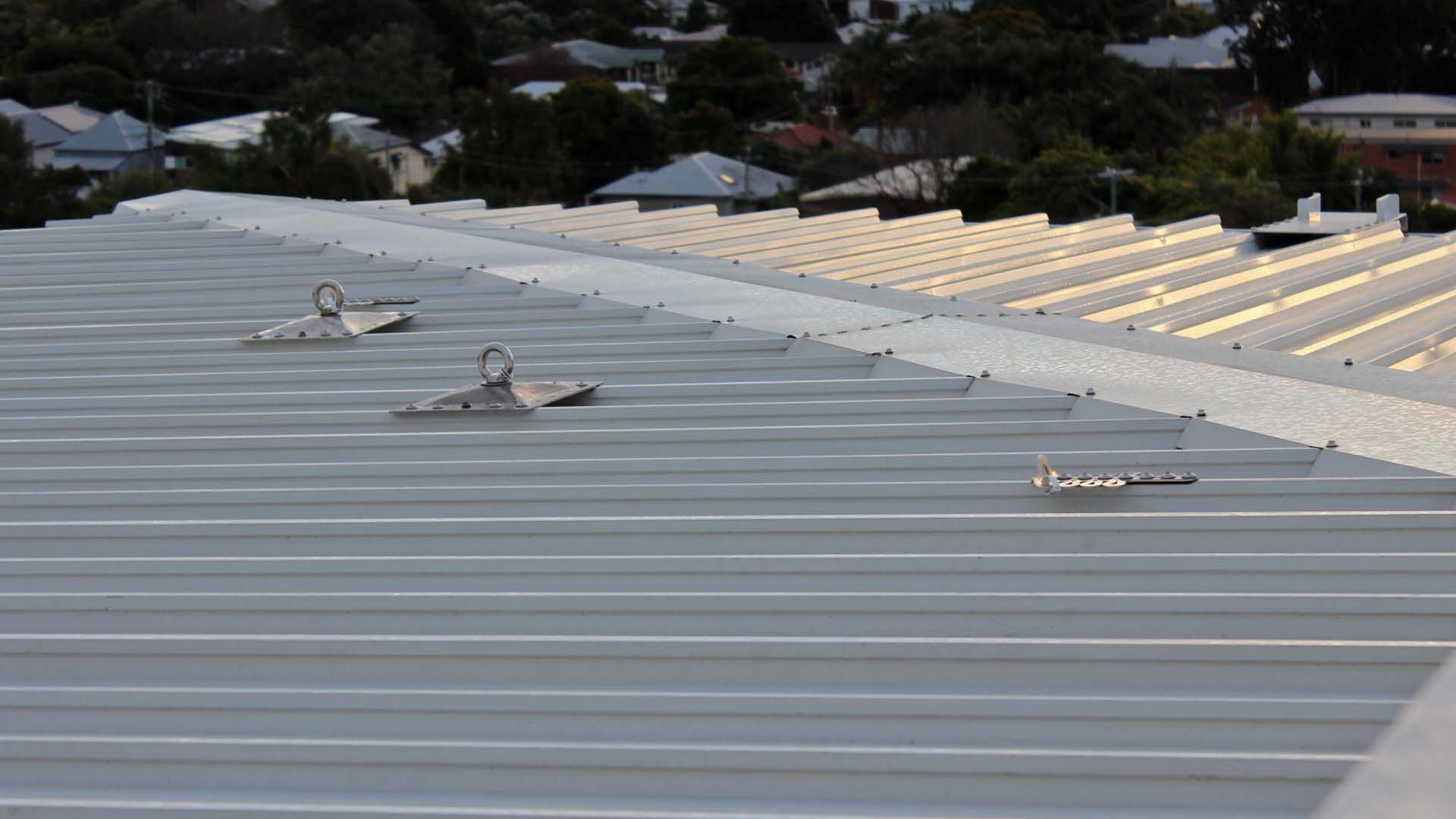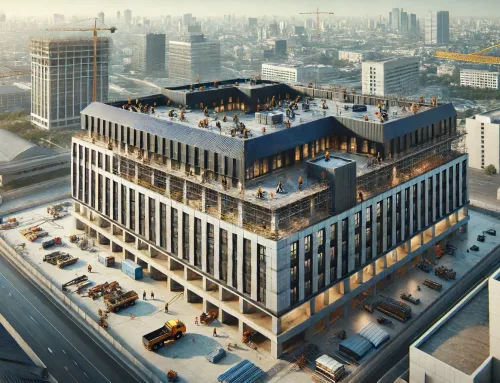When it comes to commercial roofing in Brisbane, safety isn’t just a priority—it’s a way of life. Whether you’re a seasoned roofer or just starting out, understanding the ins and outs of roofing safety standards is crucial. Not only does it keep the team safe, but it also ensures the integrity of the buildings we work on. So, grab your hard hats and let’s dive into the world of commercial roofing safety with a blend of useful advice, casual chat, and a sprinkle of humor.
The Basics: Why Safety Standards Matter
Imagine this: you’re on a roof, the Brisbane sun is blazing, and you’re trying to fix a leak. Suddenly, you lose your footing. Without proper safety measures, that scenario could end in disaster. Safety standards are there to prevent such mishaps. They’re like the unsung heroes of the roofing world—always working behind the scenes to keep everything running smoothly.
But it’s not just about preventing accidents. Following safety standards can also:
- Increase efficiency: When everyone knows the safety protocols, work goes smoother.
- Boost morale: A safe work environment makes for happy workers.
- Enhance reputation: Clients appreciate a company that values safety.
Key Safety Standards in Brisbane Commercial Roofing
Personal Protective Equipment (PPE)
PPE is the armor of the roofing world. From hard hats to high-visibility vests, this gear is essential.
| PPE Item | Purpose |
|---|---|
| Hard Hat | Protects your noggin from falling objects. |
| Safety Glasses | Shields your eyes from debris and UV rays. |
| High-Visibility Vest | Ensures you’re seen, even from afar. |
| Steel-Toed Boots | Protects your feet from heavy impacts. |
| Gloves | Keeps your hands safe from cuts and chemicals. |
Fall Protection
Falls are the leading cause of injuries in roofing. To combat this, Brisbane has strict fall protection standards.
Harnesses and Lanyards
Think of these as your safety net. They’re designed to catch you if you slip.
Guardrails
Installed around the roof’s edge, these prevent accidental falls.
Safety Nets
Placed below work areas, they catch any tools or materials that might fall, protecting those below.
Ladder Safety
Ladders are a roofer’s best friend, but they can also be a source of danger if not used properly.
- Inspect Before Use: Check for any damage or wear and tear.
- Proper Angle: The ladder should be at a 4:1 ratio—1 foot out for every 4 feet up.
- Secure the Base: Ensure the ladder is on stable ground and won’t slip.
Training and Certification
Just like you wouldn’t want an unlicensed driver behind the wheel, you don’t want untrained workers on a roof. Brisbane requires all commercial roofing workers to undergo rigorous training and certification.
Training Programs
Training covers everything from basic safety protocols to advanced techniques. Some popular programs include:
- Working at Heights Training
- First Aid and CPR
- Hazardous Materials Handling
Certification
After training, workers must pass a certification exam. This ensures they understand the safety standards and can apply them in real-world scenarios.
Common Hazards and How to Avoid Them
Even with the best safety measures, hazards can still pop up. Here are some common ones and tips to avoid them.
Weather Conditions
Brisbane’s weather can be unpredictable. From sudden rain showers to scorching heat, it’s important to be prepared.
- Check the Forecast: Always know what weather to expect before heading out.
- Dress Appropriately: Wear weather-appropriate clothing and PPE.
- Stay Hydrated: The Brisbane sun can be brutal. Drink plenty of water.
Electrical Hazards
Roofing often involves working near power lines. Here’s how to stay safe:
- Look Out for Power Lines: Always be aware of your surroundings.
- Use Insulated Tools: They reduce the risk of electrical shock.
- Follow Safe Work Practices: Keep a safe distance from power lines and never touch them.
Slippery Surfaces
Rain, dew, or even bird droppings can make roofs slippery.
- Use Slip-Resistant Footwear: These provide better grip on slick surfaces.
- Clean the Roof Regularly: Remove any debris or hazards that could cause slips.
Real-Life Stories: When Safety Saved the Day
Let’s lighten the mood with some real-life stories where safety standards made all the difference.
The Case of the Falling Hammer
Meet Jack, a seasoned roofer. One day, while working on a commercial roof in Brisbane, his hammer slipped out of his tool belt. Thanks to the safety net below, the hammer was caught, and no one was injured. Jack learned two things that day: always secure your tools and never underestimate the importance of safety nets.
The Unexpected Storm
Sarah was relatively new to roofing. During one job, an unexpected storm rolled in. Because her team had checked the weather forecast, they had brought extra tarps and secured their materials. They managed to keep the site safe and dry, avoiding what could have been a costly and dangerous situation.
Going Above and Beyond Advanced Safety Measures
For those looking to take their safety game to the next level, here are some advanced measures to consider.
Drones for Inspection
Using drones to inspect roofs can reduce the need for workers to be in potentially dangerous situations. Plus, it’s a pretty cool way to get a bird’s-eye view of your work.
Safety Apps
There are numerous apps designed to help with safety management. From hazard identification to incident reporting, these apps can be a valuable tool for any roofing team.
Continuous Education
The world of safety standards is always evolving. Regularly attending workshops and refresher courses can help you stay up-to-date with the latest practices and technologies.
Safety is No Accident
In the end, roofing safety standards in Brisbane are all about preparation and vigilance. By following the guidelines, using the right equipment, and staying aware of potential hazards, we can ensure that every roofing project is completed safely and efficiently. So next time you strap on your hard hat and lace up your steel-toed boots, remember: safety isn’t just a set of rules—it’s a way of life. And who knows? You might even enjoy the peace of mind that comes with knowing you’re protected, come rain or shine.
Stay safe up there, Brisbane!






